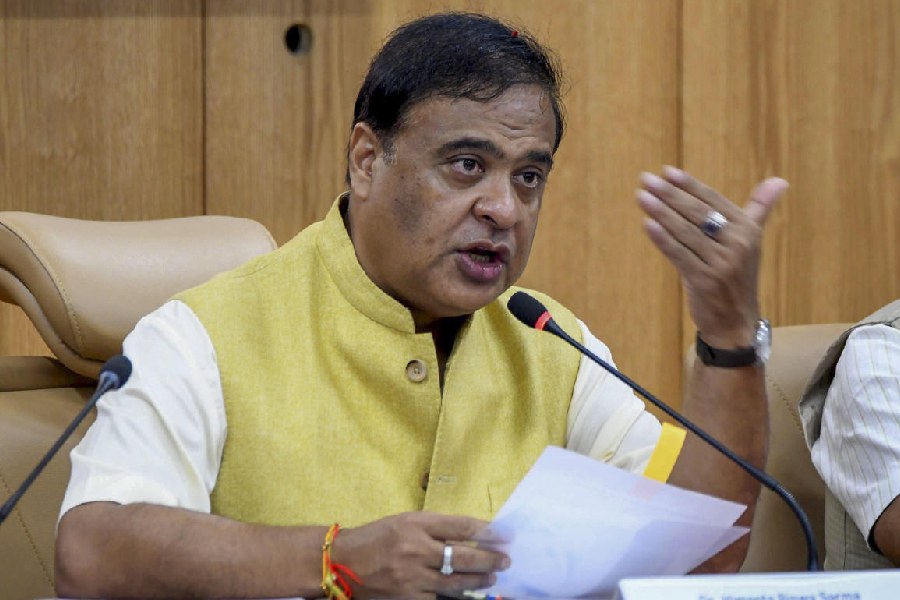The shift from personal law to secular law is not simple. No such shift has been demanded in general, but a non-believing Muslim woman has asked the Supreme Court that she be allowed to be governed by the Indian Succession Act, 1925 rather than sharia law. The Supreme Court bench, which included the chief justice of India, ruled that if a non-believing Muslim is allowed to come under the secular law of succession then non-believers of all faiths should have the same freedom. Through this an eventual uniform succession law could be envisaged. The woman whose plea was being heard said she had lost her belief because of the lack of importance of women in sharia law. She wished for the secular law in the interests of an equitable inheritance. The ISA gives a woman absolute ownership of her property and the right to will it however she pleases. But the sharia law would allow her to inherit one half of the property of her brother. In his absence, the property would not come to her or her daughter but would go to relatives on her father’s side. As a non-believer, the sharia law would deprive her of her inheritance rights. The court’s declaration regarding the freedom for non-believers to be subject to the secular law is thus of great import in this situation.
But being the law of succession, the situation is far from simple. The court mentioned, for example, that a Hindu who converts to another religion cannot inherit from Hindu relatives. The Hindu law of succession is very clear about this; how should a non-believer be treated? Such provisions could be hurdles to any change. Inheritance involves at least two generations. If there is a non-believer in the younger generation, his choice to be governed by the secular law may be resisted by believing members of the older generation. They may not wish to go against the personal law.
The case brings to the fore a number of hard questions that lurk beneath the issues of diversity and freedom of choice. Individuals may be free to choose, but what if their freedom clashes with someone else’s freedom to believe when the job in hand requires both to be on the same page? The concern here is perhaps an understanding of freedom. The Supreme Court’s vision is far-reaching, but the government must seek out practical and peaceful steps to attain it. But the definition of freedom and equitable treatment must be substantiated with not just law but with a broadening sensibility as well. This larger vision of equality and choice underlies the ideal of democracy. It is also a meeting point of different points of view, something that today’s India badly needs. The central issue is whether non-believers can choose freely to come under secular law in inheritance and in other respects. The scope is there; the problem is finding the route to it.










